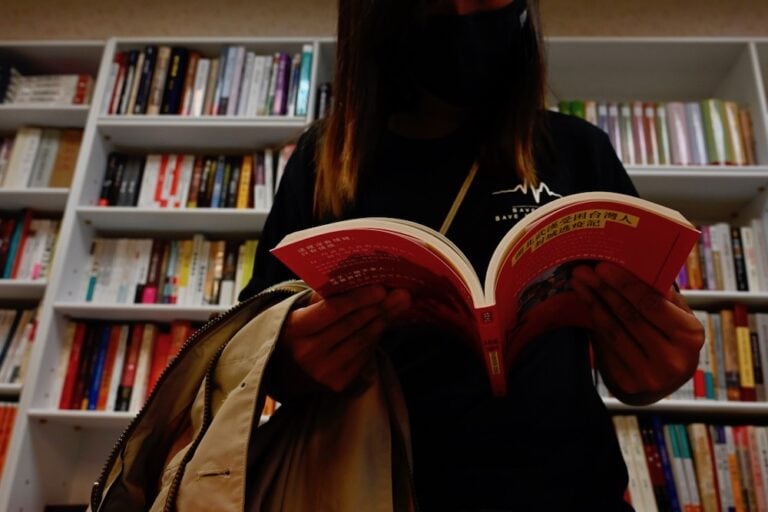(RSF/IFEX) – RSF has challenged the Taiwanese authorities’ decision to ban two major Chinese media outlets from operating on the island. On 10 April 2005, Taiwan slapped a ban on the Xinhua news agency and “People’s Daily” newspaper. Joseph Wu, in charge of relations with China, said the public media outlets’ journalists were contributing to […]
(RSF/IFEX) – RSF has challenged the Taiwanese authorities’ decision to ban two major Chinese media outlets from operating on the island. On 10 April 2005, Taiwan slapped a ban on the Xinhua news agency and “People’s Daily” newspaper.
Joseph Wu, in charge of relations with China, said the public media outlets’ journalists were contributing to misunderstandings between Taiwan and China. He accused them of issuing inaccurate stories that played down protest movements against the controversial 14 March Anti-Secession Law in China, which allows for the use of force against Taiwan should it declare independence.
Urging the Taiwanese government to reconsider its decision, RSF said, “Even though the People’s Republic of China is certainly not a model of press freedom, using censorship against its media makes no sense. We believe that the right to news and information should in no circumstances be compromised because of political differences.”
Chinese journalists work in Taiwan on a rotational basis. The new rules imposed by Taiwan will take effect in May, when the next changeover was due. Journalists from the Xinhua news agency and “People’s Daily” will not be allowed to enter Taiwan to replace their outgoing colleagues.
Beijing reacted to the move on 13 April. “We hope the Taiwan authorities will cancel unreasonable obstacles and correct their erroneous ways as soon as possible,” said Li Weiyi, spokesman for China’s Taiwan Affairs Office. Opposition groups and local media in Taiwan have also expressed concern about the ban.


